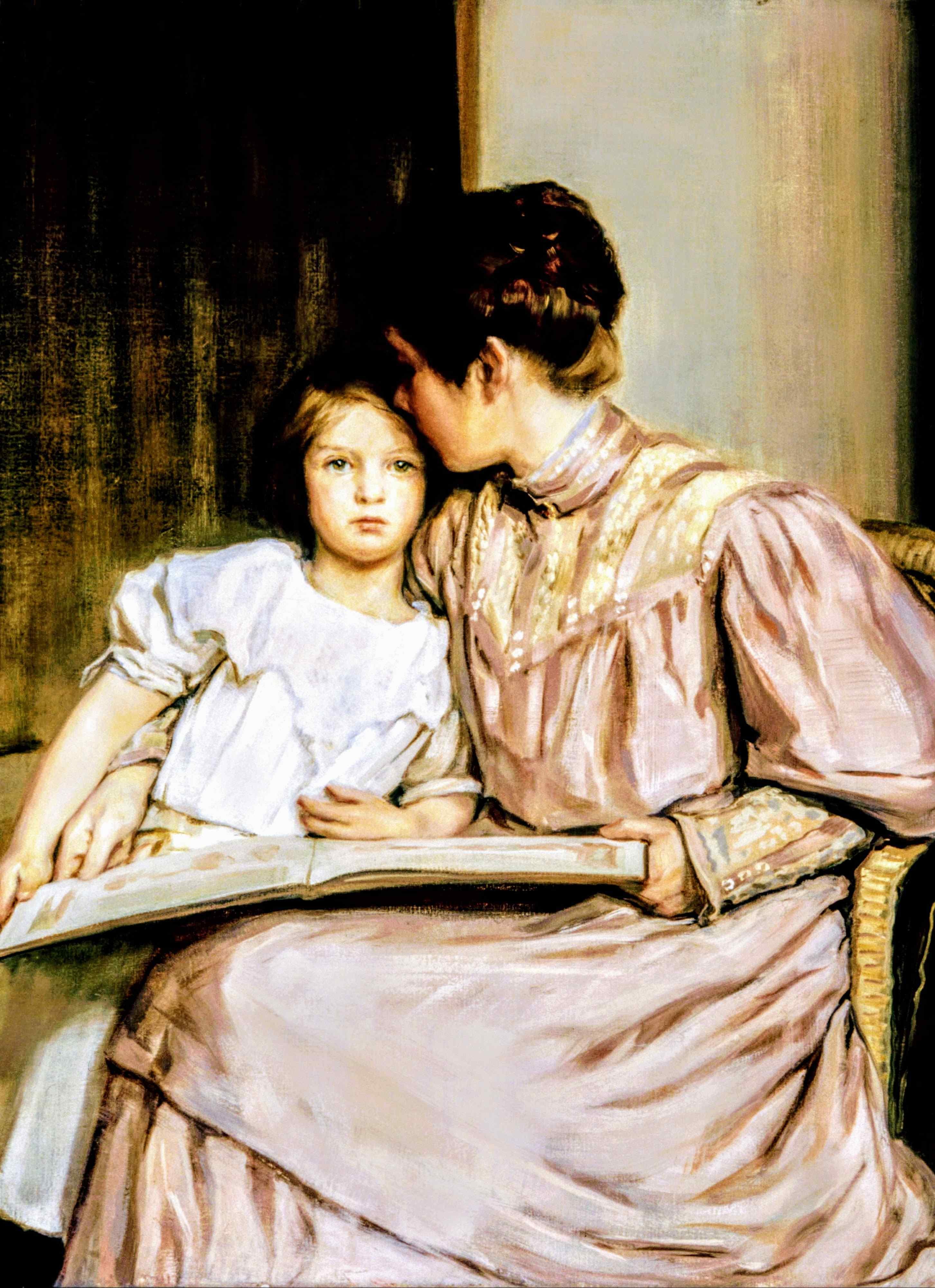The key point to remember as a parent or teacher is to be PATIENT. All children and students are different, going through different processes at various times when learning to read or to count, two of the most important examples in early education. Learning to read can be compared to learning to ride a bike.
Some children will learn earlier and easier than others, however, as long they keep trying, most of them will end up as competent and even excellent readers. Not giving up can require a lasting involvement from parents, teachers... and children. You will find below four useful suggestions that can help your beginner or struggling reader toward reading fluency and interest. And, perhaps passion.
1. Read in front of your children.
When our kids see us reading, they may understand better that there is some value in this kind of activity, something that they will want or need to do themselves. At the age of learning to read, most kids tend to model their parents' or first teachers' behavior.
2. Read to your children.
Young students who have difficulties to read often view it as work, only a chore to be done, and thereby a cause of frustration that makes the process painful. When you read yourself to your children, you allow them to focus on the content of the text, and to enjoy it.
3. Listen to your children reading.
When your children seem to have trouble reading, you should analyze the problem by listening to them read. There are many possible areas where beginner readers may experience problems and carefully listen to them may help you to determine what is the issue.
4. Encourage your children to persevere.
Learning to read can be very difficult, but it's a crucial skill your children won't live well without. When you teach them to keep reading, you also teach them that there are always difficulties in life and that they should never give up. When children struggle in school with reading, they quickly realize that they aren’t doing as well as their peers. This can cause them to feel inferior, a state of mind they may carry over to other fields of their studies, with very bad consequences.

Picture: An Interlude, by William Sergeant Kendall (Google Art Project, WikimediaCommons, w/Effects)

